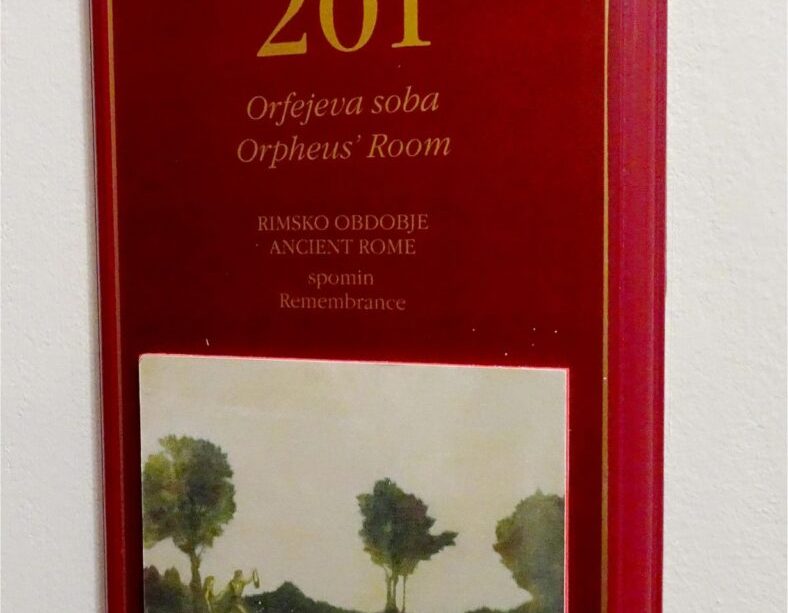The Enduring Legacy of Orpheus in Contemporary Culture

Introduction
The mythological figure of Orpheus has long captivated the imaginations of artists, musicians, and writers. Originating from ancient Greek mythology, Orpheus is renowned for his enchanting music and tragic love story. His journey to the Underworld to retrieve his wife, Eurydice, not only serves as a poignant narrative but also raises profound questions about love, loss, and the human condition. In recent times, the story of Orpheus has seen a resurgence in films, operas, and literature, demonstrating its profound relevance in contemporary society.
Orpheus in Modern Literature and Arts
Throughout the years, Orpheus has been a central theme in numerous literary works, with adaptations and reinterpretations that resonate with modern audiences. Notable works include Sarah Ruhl’s play ‘Eurydice’, which shifts the perspective to that of Orpheus’ wife, providing a fresh take on the classic tale. Similarly, contemporary poets often invoke Orpheus as a symbol of artistic inspiration as well as the inevitable silence that follows creative expression.
In the realm of music, the impact of Orpheus is equally significant. Numerous compositions, from Monteverdi’s ‘L’Orfeo’ to more modern interpretations such as Philip Glass’s opera, illustrate how Orpheus’s melodic essence continues to inspire modern composers. His story has also been referenced in the works of popular artists, highlighting the figure’s transcendent influence over the years.
Orpheus in Film and Theatre
Film adaptations have also contributed to the enduring legacy of Orpheus. The 1950 film ‘Orpheus’ by Jean Cocteau reimagines the myth within the context of post-war France, blending surrealism with themes of love and the afterlife. More recently, films like ‘Black Orpheus’ (1959) have explored the intersection of culture and identity through the lens of this ancient story, positioning Orpheus in a vibrant and contemporary setting.
Theatrical interpretations continue to emerge, with productions that stress the emotional core of Orpheus’s tale. The power of music as a form of storytelling remains a critical element, allowing audiences to engage with the universal themes of hope and despair that define his myth.
Conclusion
The story of Orpheus continues to resonate within modern culture, serving as a touchstone for discussions around love, creativity, and the transient nature of life. As artists and creators reinterpret his journey, Orpheus maintains his status as a symbol of the transformative power of art and music. In a world where these themes are increasingly relevant, the myth of Orpheus will undoubtedly continue to inspire future generations, proving that ancient stories can still provide significant insights into contemporary lives.








